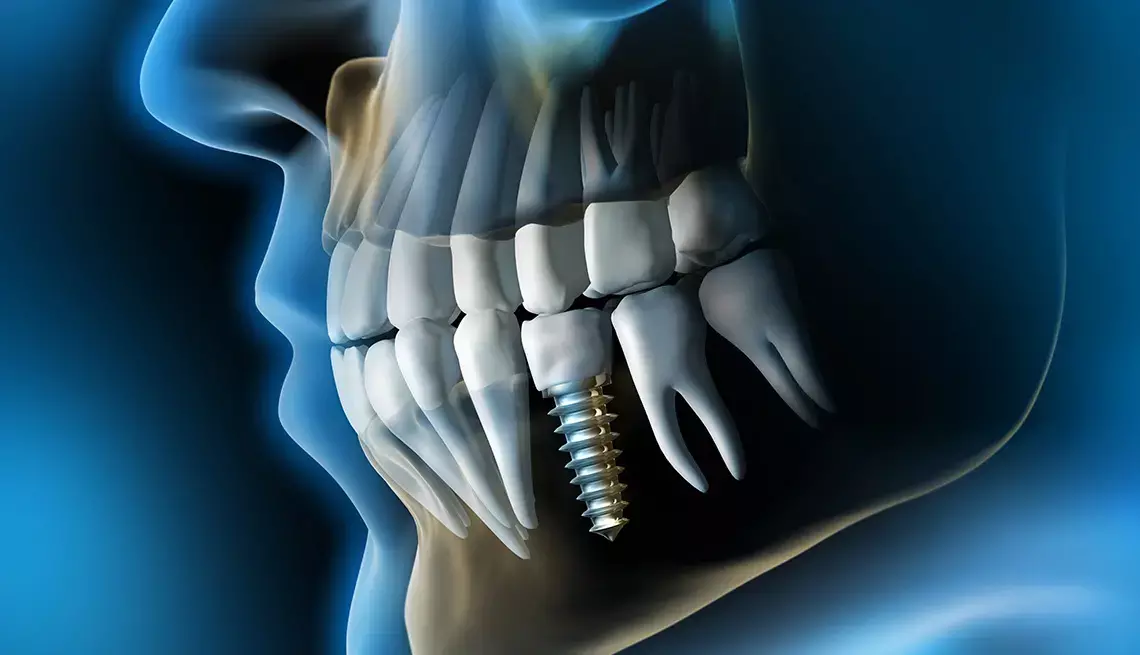- Home
- Medical news & Guidelines
- Anesthesiology
- Cardiology and CTVS
- Critical Care
- Dentistry
- Dermatology
- Diabetes and Endocrinology
- ENT
- Gastroenterology
- Medicine
- Nephrology
- Neurology
- Obstretics-Gynaecology
- Oncology
- Ophthalmology
- Orthopaedics
- Pediatrics-Neonatology
- Psychiatry
- Pulmonology
- Radiology
- Surgery
- Urology
- Laboratory Medicine
- Diet
- Nursing
- Paramedical
- Physiotherapy
- Health news
- Fact Check
- Bone Health Fact Check
- Brain Health Fact Check
- Cancer Related Fact Check
- Child Care Fact Check
- Dental and oral health fact check
- Diabetes and metabolic health fact check
- Diet and Nutrition Fact Check
- Eye and ENT Care Fact Check
- Fitness fact check
- Gut health fact check
- Heart health fact check
- Kidney health fact check
- Medical education fact check
- Men's health fact check
- Respiratory fact check
- Skin and hair care fact check
- Vaccine and Immunization fact check
- Women's health fact check
- AYUSH
- State News
- Andaman and Nicobar Islands
- Andhra Pradesh
- Arunachal Pradesh
- Assam
- Bihar
- Chandigarh
- Chattisgarh
- Dadra and Nagar Haveli
- Daman and Diu
- Delhi
- Goa
- Gujarat
- Haryana
- Himachal Pradesh
- Jammu & Kashmir
- Jharkhand
- Karnataka
- Kerala
- Ladakh
- Lakshadweep
- Madhya Pradesh
- Maharashtra
- Manipur
- Meghalaya
- Mizoram
- Nagaland
- Odisha
- Puducherry
- Punjab
- Rajasthan
- Sikkim
- Tamil Nadu
- Telangana
- Tripura
- Uttar Pradesh
- Uttrakhand
- West Bengal
- Medical Education
- Industry
Both deep learning and integrated models perform well in predicting dental implant fate

Dental implants have been preferred by clinicians for many years in cases of the total, partial and single-tooth edentulism. Detailed planning before the implant operation increases the success of the treatment due to the facility of placing in the correct position of the implant and eliminating the surgical risks.
Both the deep learning model and integrated model perform well in predicting dental implant loss risk according to a recent study published in the Journal of Clinical Periodontology
Dental implants have a high success rate, but some people experience dental implant failure. It's estimated that about 5 to 10 per cent of dental implants fail, either shortly after a procedure or months or years later.
A study was conducted to investigate the feasibility of predicting dental implant loss risk with deep learning (DL) based on preoperative cone-beam computed tomography.
Six hundred and three patients who underwent implant surgery (279 high-risk patients who did and 324 low-risk patients who did not experience implant loss within 5 years) from January 2012 to January 2020 were enrolled. Three models, a logistic regression clinical model (CM) based on clinical features, a deep learning model based on radiography features, and an integrated model (IM) developed by combining a clinical model with deep learning, were developed to predict the 5-year implant loss risk. The area under the receiver operating characteristic curve (AUC) was used to evaluate the model performance. Time to implant loss was considered for both groups, and Kaplan–Meier curves were created and compared by the log-rank test.
Results:
The integrated model exhibited the best performance in predicting implant loss risk, followed by the deep learning model and the clinical model
Thus, this study offers preliminary evidence that both the deep learning model and integrated model performed well in predicting implant fate within 5 years and thus may greatly facilitate implant practitioners in assessing preoperative risks.
Reference:
Predicting the Risk of Dental Implant Loss Using Deep Learning by Nannan Huang et al. published in the Journal of Clinical Periodontology.
Dr. Shravani Dali has completed her BDS from Pravara institute of medical sciences, loni. Following which she extensively worked in the healthcare sector for 2+ years. She has been actively involved in writing blogs in field of health and wellness. Currently she is pursuing her Masters of public health-health administration from Tata institute of social sciences. She can be contacted at editorial@medicaldialogues.in.
Dr Kamal Kant Kohli-MBBS, DTCD- a chest specialist with more than 30 years of practice and a flair for writing clinical articles, Dr Kamal Kant Kohli joined Medical Dialogues as a Chief Editor of Medical News. Besides writing articles, as an editor, he proofreads and verifies all the medical content published on Medical Dialogues including those coming from journals, studies,medical conferences,guidelines etc. Email: drkohli@medicaldialogues.in. Contact no. 011-43720751


